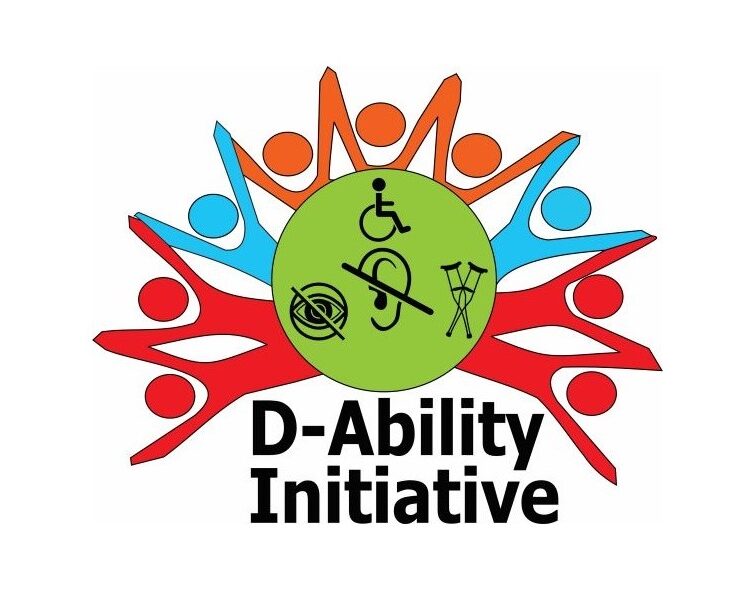
How important is literacy to education and development? People who cannot read risk being excluded from full participation in their communities and societies. Failing to be literate therefore limits life chances and hinders an individual’s participation in much of the world around them. Literacy is so fundamental to learning that its importance cannot be overstated — it is the essential foundation of education. The ultimate aim of any education system is to equip its children with the necessary literacy, numeracy, and wider skills that they need to take control of their destinies and fulfill their potential.
According to one UNESCO Director, “Literacy is the first step towards freedom, towards liberation from social and economic constraints. It is the prerequisite for development, both individual and collective. It reduces poverty and inequality, creates wealth, and helps to eradicate problems of nutrition and public health.”

Project Leads
The Honourable Minister of Education in Nigeria, Adamu Adamu stated: “Education is the bedrock of any country’s development, and any country that does not educate its populace is bound to fail. Unfortunately in Nigeria, we have a very large population of illiterates; the number of illiterates, considering our population, is unbecoming.” The Federal Ministry of Education also plans to approach the crisis by implementing a mass literacy program to help youth and adults gain the literacy skills needed to improve their lives.
On 7th March 2019, in commemoration of the World Book Day (UK), we partnered with Teens and Youth Renaissance, to reach and sensitized 1000 teens and youth, the Deaf inclusive, in Rivers State. It centered on the importance of literacy, its connection with leadership, and the many international leadership opportunities available to youth. We always ensure we leave no one behind. We give a shout of gratitude to our volunteers, supporters, and other youth who made the day worthwhile. Their labour of love did not go unnoticed.
